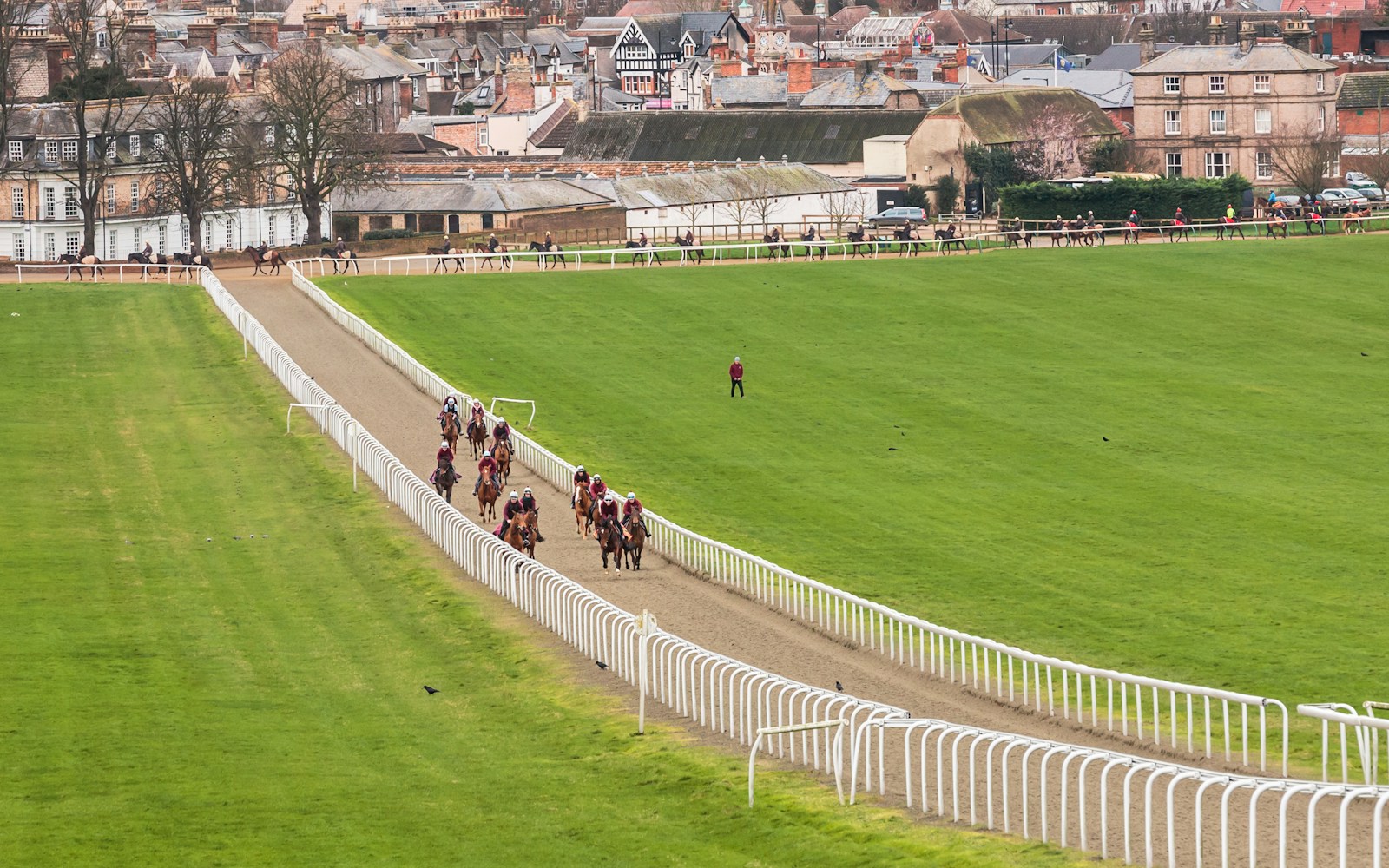
práctica

practice
'Práctica' refers to the actual application or use of an idea, belief, or method as opposed to theories about such application or use. In learning, it means to do something repeatedly to acquire skill.
Example sentences using: práctica
La práctica hace al maestro.

Practice makes the master.
This phrase is used to indicate that practicing a skill diligently will make one proficient.
Práctica tus habilidades de lenguaje.

Practice your language skills.
This command invites the individual to regularly engage in exercises that enhance their language abilities.
Voy a la práctica de fútbol.

I'm going to soccer practice.
This statement indicates the speaker's intention of attending a sports training session.
Envié mi práctica para revisión.

I sent my practice for review.
This expression conveys that the speaker submitted their work for critique or assessment.
Necesito más práctica en español.

I need more practice in Spanish.
The speaker expresses a need to spend more time honing their Spanish language skills.
Estoy buscando una práctica este verano.

I am looking for an internship this summer.
In this context, 'práctica' can also mean internship. The speaker is therefore searching for a summer job or internship.
Tengo una práctica de piano a las 5.

I have a piano practice at 5.
This informs that the speaker is scheduled for a piano session at 5.
La gramática es importante, pero la práctica es clave.

Grammar is important, but practice is key.
The statement places value in both understanding the theory (grammar) and application of Spanish through practice.
No hay atajos, necesitas práctica.

There are no shortcuts, you need practice.
This is a common phrase used to emphasize that success comes with practice and there's no easy way.
Después de la práctica, hago mi tarea.

I do my homework after practice.
This statement shares the speaker's routine of doing homework after their practice session.
La práctica hace al maestro.

Practice makes perfect.
'La práctica hace al maestro' is a saying in Spanish which directly translates to 'practice makes the teacher'. However, it's English equivalent is 'practice makes perfect'. It means that practicing a lot helps us master a skill.
La práctica de yoga me ayuda a relajarme.

Yoga practice helps me relax.
In this sentence, 'práctica' is used to refer to the habit or activity of doing yoga. It implies that regularly doing yoga aids the speaker in relaxing.
Los viernes tengo práctica de fútbol.

I have soccer practice on Fridays.
'Práctica' is used in this context to refer to scheduled training for soccer. It's an example of how 'práctica' can be used to refer to a rehearsal or practice in sport context.
La práctica médica requiere precisión y habilidad.

Medical practice requires precision and skill.
In this sentence, 'práctica' refers to the professional activity, particularly related to medicine, emphasizing the need for specific qualities for success.
Esta es una práctica común en nuestra cultura.

This is a common practice in our culture.
'Práctica' can also mean a usual way of doing things. In this context, it's used to refer to a tradition or a customary action within a certain culture.
Necesito más práctica en matemáticas.

I need more practice in math.
Here 'práctica' refers to rehearsing or repeatedly doing math exercises to improve the speaker's skill in mathematics.
El profesor dice que la práctica de la lectura es importante.

The teacher says that the practice of reading is important.
'Práctica' is used here to show the routine or habit of reading. The sentence highlights the teacher's emphasis on the importance of this 'práctica'.
La práctica constante es la clave para el éxito.

Constant practice is the key to success.
This sentence relates 'práctica' with perseverance and success, suggesting that regular practice or rehearsal of a task or skill is the secret to achieving success.
La práctica de tocar el piano es crucial para convertirse en un buen pianista.

The practice of playing the piano is crucial to becoming a good pianist.
In this context, 'práctica' is pointing to the action or routine of playing the piano frequently. It asserts the importance of this action to become proficient in piano.
La práctica de meditación puede ser beneficiosa para la salud mental.

The practice of meditation can be beneficial for mental health.
Here, 'práctica' refers to the routine or discipline of meditation and how it can have a positive impact on mental health.